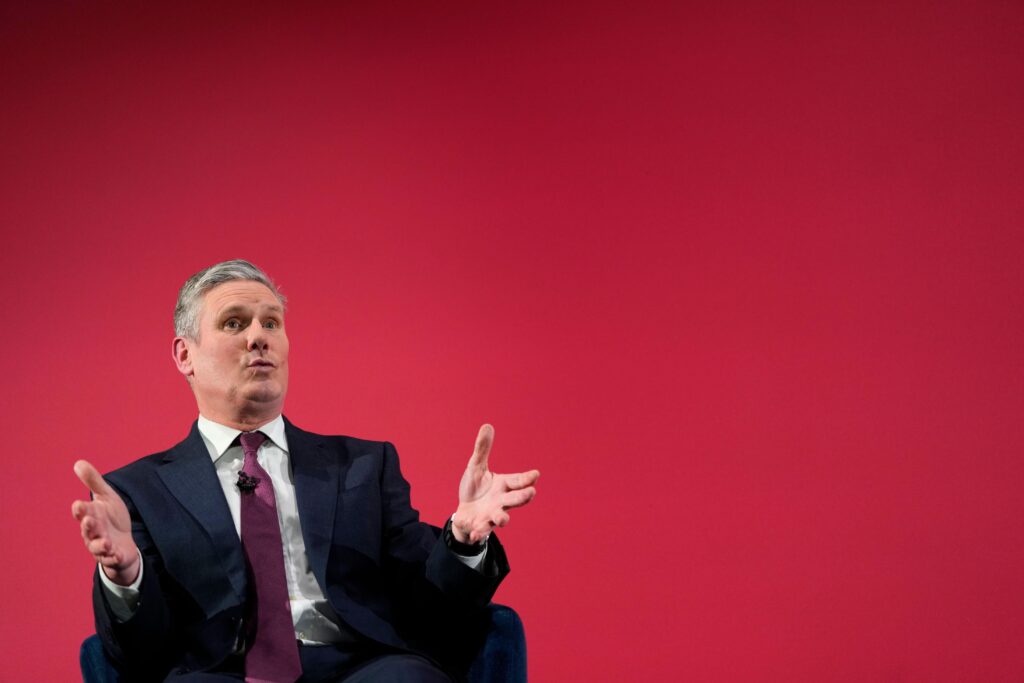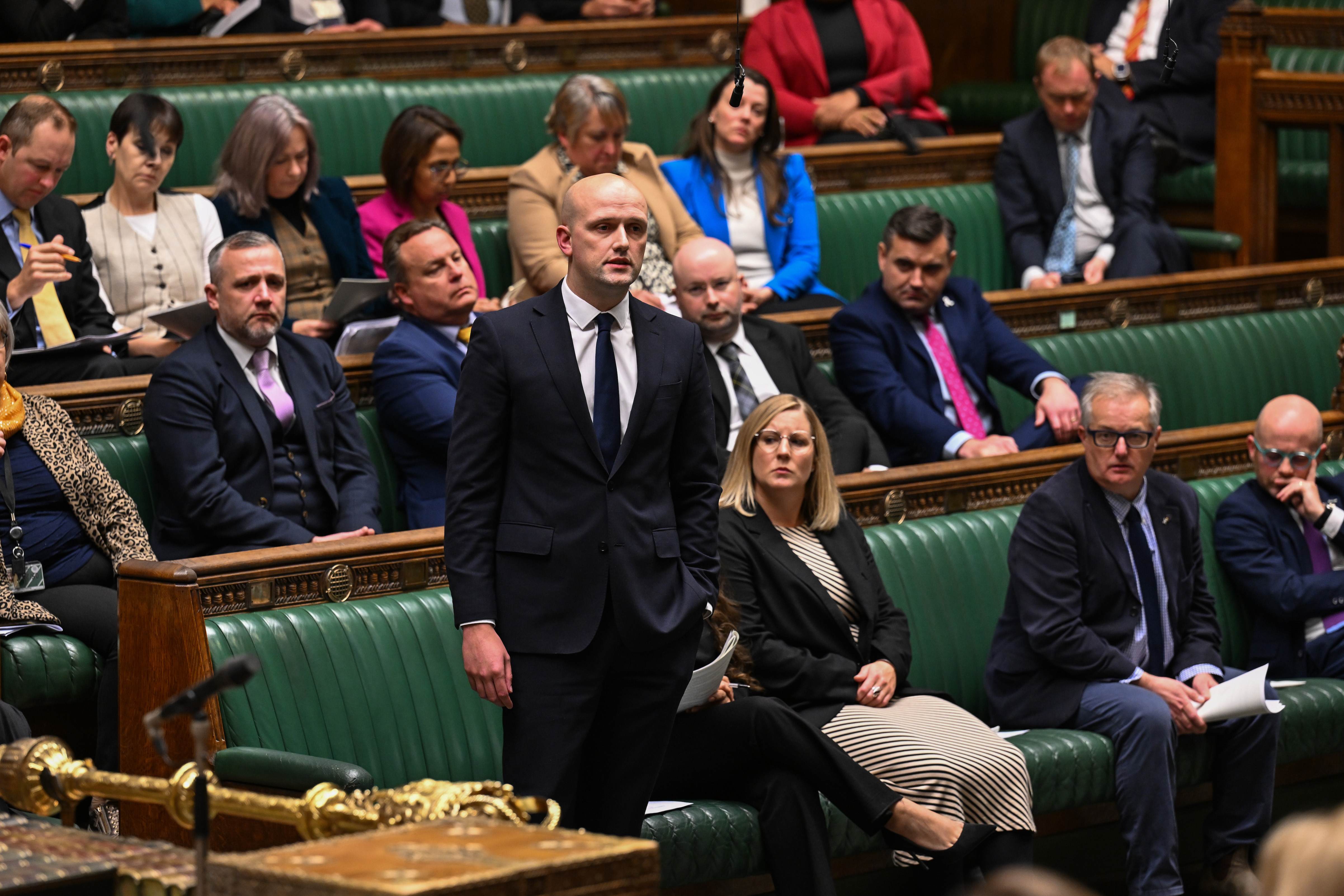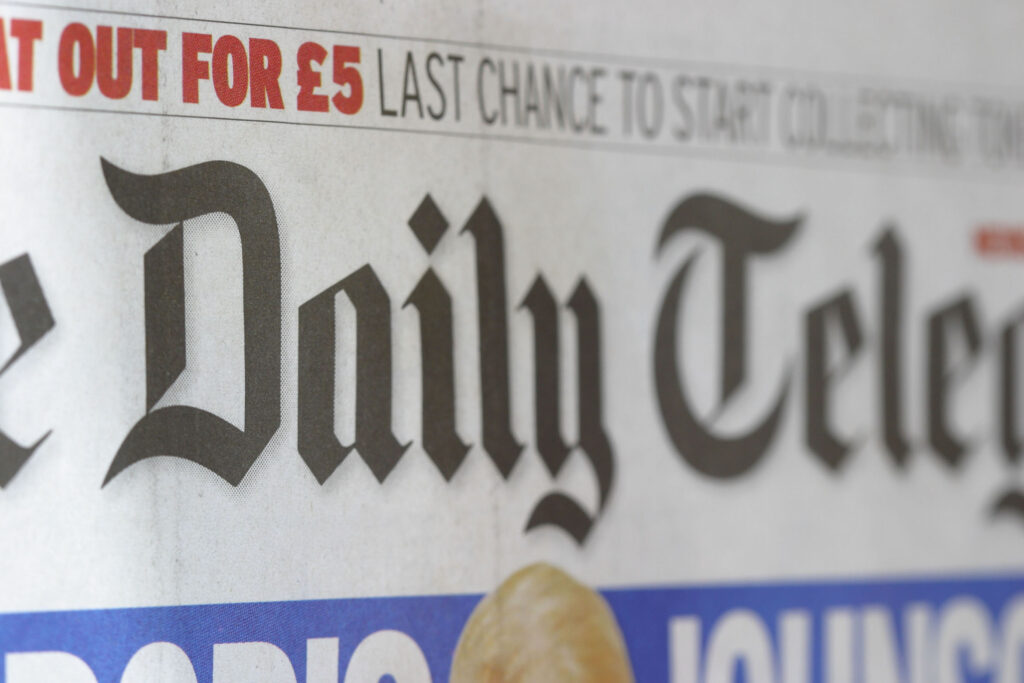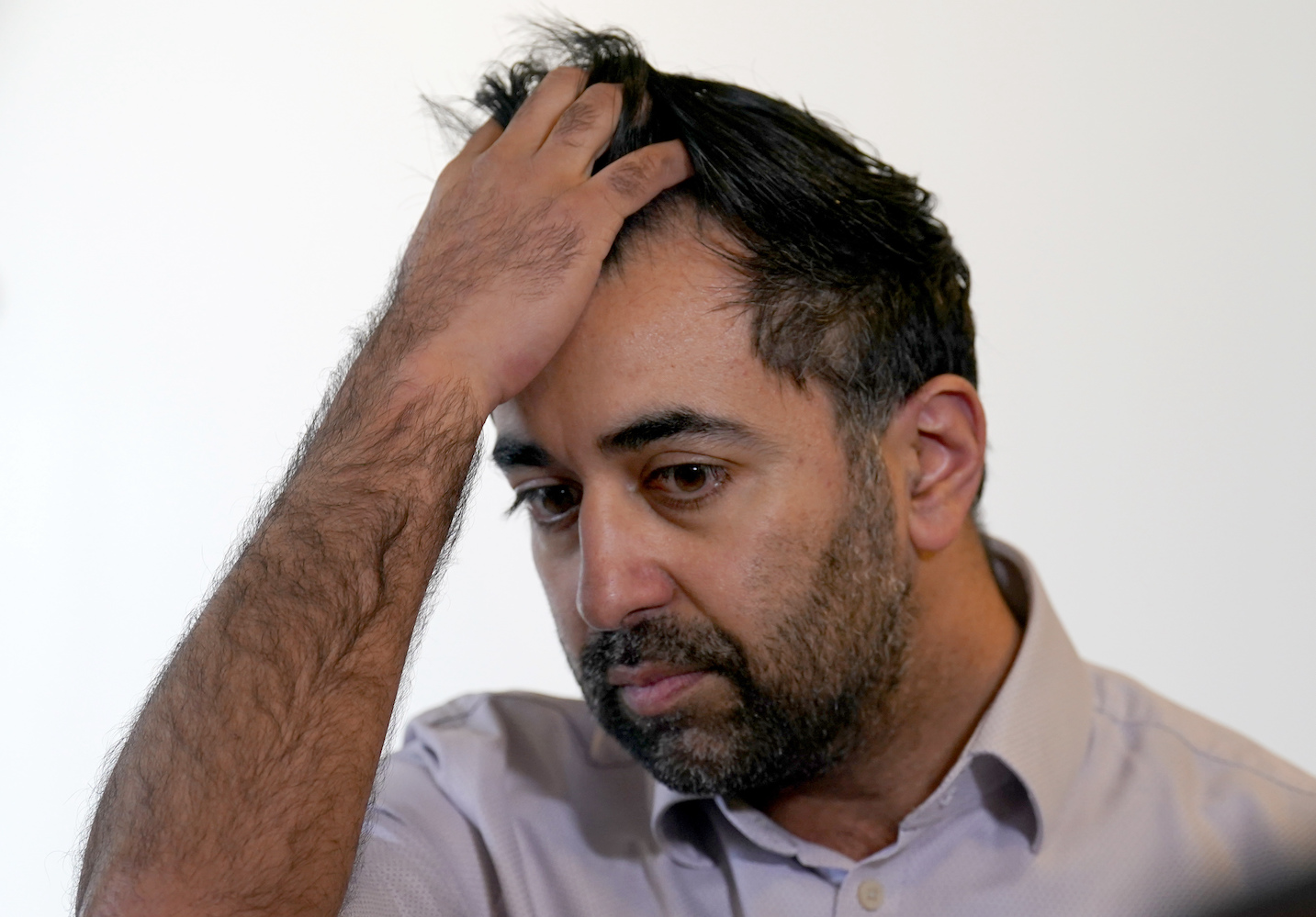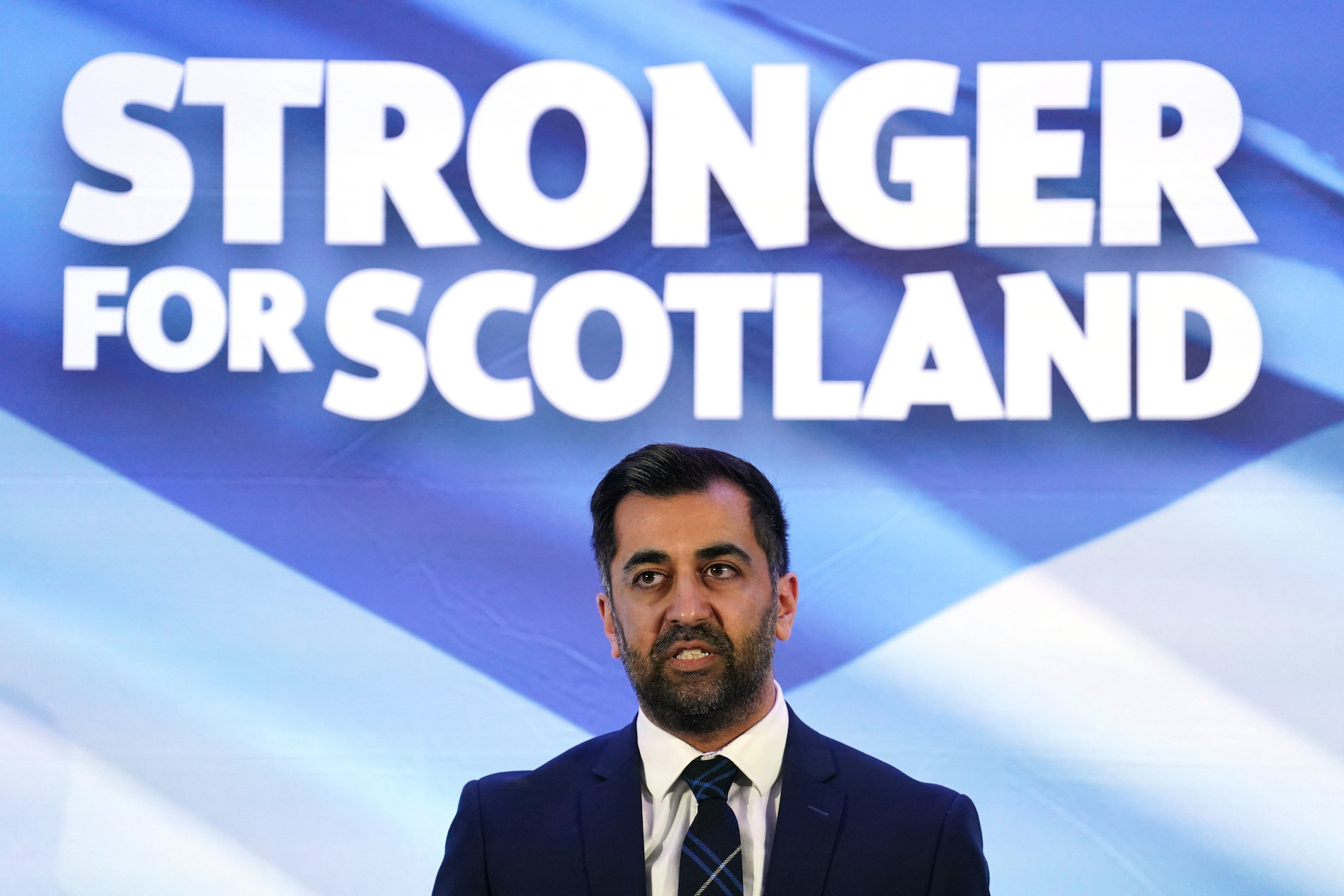Background
Manchester’s emission-limiting measure known as the Manchester Clean Air Zone (CAZ), or congestion charge, was due to go live on 30 May 2022.
However, following the pandemic, government agreed that this charging Clean Air Zone would not be introduced.
Plans to introduce daily charges for taxis, vans, lorries, buses and coaches which do not meet emissions standards were therefore put on hold. It followed a huge public backlash sparked by people spotting Clean Air Zone (CAZ) signs popping up across Greater Manchester towards the end of 2021.
A Clean Air Zone, much like London’s ULEZ or London Congestion Charge scheme, is an area where targeted action is taken to improve air quality, in particular by discouraging the most polluting vehicles from entering the zone. No vehicle is banned in the zone, but vehicles that do not meet the emission standards for the zone are subject to a daily fee.


It is designed to lessen traffic and emissions in a city centre. The zone targets high polluting vehicles and, outside of London, is one of the UK’s most extensive emission zones, covering all vehicle types.
UK cities that have introduced Clean Air Zones (or are planning to) include Bath, Bristol, Portsmouth, Newcastle and Birmingham.
In January 2023, government asked for additional evidence to support Greater Manchester’s case for an investment-led, non-charging Clean Air Plan. A government minister told mayor Andy Burnham that the city-region must provide more evidence to support its proposal, including data to compare the impact of introducing charges to tackle city centre pollution.
However, Greater Manchester says it will take months to do this modelling.
According to Manchester Evening News, more than £60m of public money has been spent so far on the scheme with the cameras alone costing £375,000 a month.
New plans for a congestion charge
Transport bosses in Greater Manchester are in the process of now setting out what a new Clean Air Zone would look like in Greater Manchester. Local leaders insist they no longer want any charges, but the government has told them to prepare plans for charging certain vehicles in the city centre only.
Under new proposals, owners of a non compliant vehicle which does not meet emissions standards would be offered funding for cleaner models, instead of paying daily penalties.
Mr Burnham has said that it is now “highly unlikely” that any charges would be introduced in the boroughs of Bolton, Bury, Oldham, Rochdale, Stockport, Trafford, Tameside — and that Greater Manchester will still be arguing to scrap charges everywhere and introduce an investment-led scheme across the whole of the city-region.
Controversies
Serious concerns were raised about the charge prior to its initial suspension, with the first few weeks of 2022 dominated by complaints about the proposed ultra low emission zone.
Taxi drivers and small business owners said the additional charges created by the CAZ would have hurt their business, complaining moreover that they are not being offered enough assistance to buy new lower-emission vehicles.
Greater Manchester residents were overwhelmingly opposed to a congestion charge in a local 2008 referendum when 78.8 per cent voted against the proposal.










